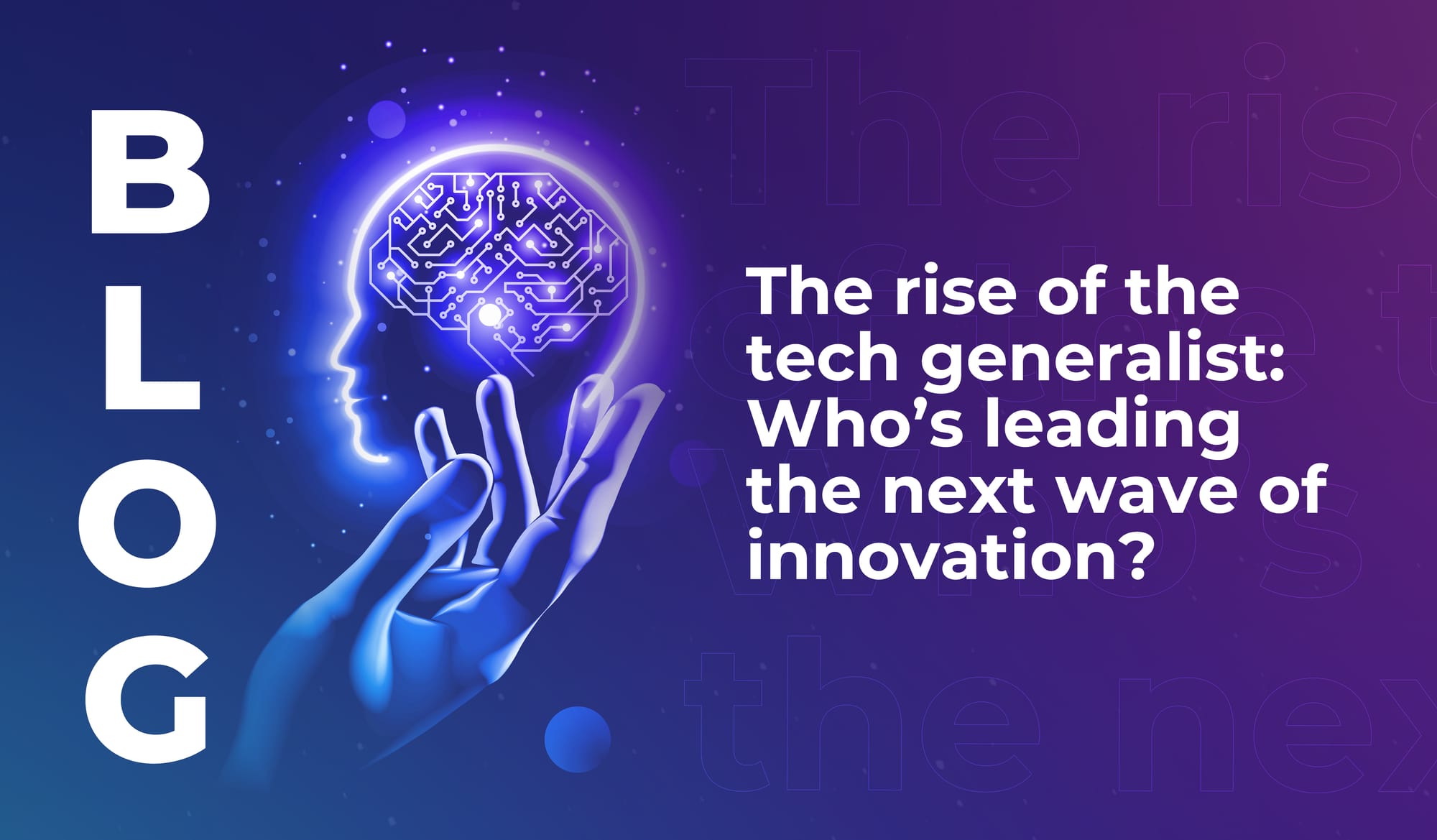
Saudi Arabia is looking to make its mark in the electric vehicle space.
The kingdom took an early lead a few years ago in the global EV space with a strategic $2.9 billion investment in California-based Lucid Motors Inc., a luxury electric-vehicle startup, through the Public Investment Fund.
In 2021, Lucid listed on the Nasdaq stock exchange and boasts a market capitalization of US$89 billion, yielding the kingdom’s sovereign wealth fund a US$20-billion windfall, according to the Wall Street Journal.
The PIF’s investment is paying off in other ways too.
In September, Lucid said it was looking to start producing electric cars in the kingdom by 2024, taking an early lead in nurturing a young industry. According to Saudi officials, the deal is still being finalized.
In addition, Hyzon Motors Inc., a global supplier of zero-emission hydrogen fuel cell-powered commercial vehicles, and Modern Industrial Investment Holding Group, a Saudi industrial conglomerate, signed a memorandum of understanding (MoU) with NEOM Company to develop a vehicle assembly facility in the $500-billion smart city.
“Hyzon, Modern Group and NEOM Company plan to work closely over the next 18 months to finalize plans and specifications for the new regional assembly facility, with an anticipated annual capacity to assemble up to 10,000 vehicles,” the companies said.
The two companies plan to incorporate a joint venture company, Hyzon Motors Middle East (ME), focused on supplying locally-built, Hyzon-branded zero-emission commercial vehicles throughout Saudi Arabia and the wider Gulf region.
Modern Group is teaming up with Hyzon to enable NEOM’s goal of a net zero community, and to localize manufacturing of Hyzon’s zero-emission commercial and heavy duty vehicles, said Abdulaziz Al Hamwah, CEO of Modern.
“But this is only the first step. Through our joint venture, Hyzon Motors Middle East, we aim to integrate hydrogen fuel cell commercial vehicles into economies across the region. This partnership is a great step toward making that a reality,” Al Hamwah noted.
A GLOBAL TREND
Saudi Arabia’s early forays in the electric mobility space has given the country a head-start in the global EV race.
Latest estimates show that a total of 6.4 million electric vehicles were sold globally in 2021, a growth of 98 per cent over 2020, with battery-powered vehicles (BEV) reaching 4 million units and plug-in hybrid EVs (PHEV) selling 2.4 million units.
“Growth rates will come down from the +168 % seen in H1, as volumes compare to a higher base during the 2020 H2 recovery,” according to EV Volumes. “By the end of 2021 we expect over 16 million EVs in operation, counting light vehicles, 2/3 BEVs and 1/3 PHEV.”
As the old auto industrial model shakes up, the industry is facing a revamp with new players challenging established players.
Led by Tesla Inc., a number of automakers including Toyota Motors, General Motors Corp, and BMW AG are looking to get a foothold in the EV market, which is growing at a rapid rate.
NORTH AFRICA AUTO HUB
Within the region, a number of regional markets are also eyeing either more sales of EV vehicles or looking to secure a piece of the supply chain.
North Africa is emerging as a new automobile manufacturing hub with carmakers from China and Europe eyeing the region’s proximity to key markets and existing infrastructure.
In July, Chinese automobile manufacturer Chery Automobile Co Ltd. said it plans to build automotive plants in Morocco. The company plans to build traditional internal combustion engine vehicles, in addition to electric vehicles, hybrid models and self-driving cars at the facility.
In 2020, Morocco produced 248,430 total vehicles, according to the International Organization of Motor Vehicle Manufacturers (OICA), second only to South Africa’s 447,000 production level in the continent.
With the capacity to produce 700,000 vehicles each year, Morocco’s automotive sector has emerged as a regional auto powerhouse. The industry now employs around 220,000 people, and has developed a 250-supplier-strong supply chain that has helped created a deep infrastructure and expertise.
In August, Stellantis said its German unit Open would start producing electric vehicles in Morocco. Stellantis was formed after French PSA Group merged with Italian-American conglomerate Fiat Chrysler in 2021.
The German automaker’s Rocks-e model, an upgraded version of Citroën’s Ami EV microcar, will be the first all-electric, passenger car to be manufactured in North Africa. Opel will produce the vehicles in Kenitra at the plant of its sister company Peugeot.
“Opel’s electric car manufacturing in Kénitra leapfrogs China’s plan to build electric cars in Egypt, giving Morocco’s automotive industry an important first-mover advantage,” according to Professor Michael Tanchum, analyst at the Middle East Institute.
Morocco is not the only Middle East state being scouted for an automotive base for the world’s biggest manufacturers.
In January 2021, Egypt’s state-owned El Nasr Automotive Company said it was teaming up with China’s Dongfeng Motor Corp. to jointly produce 25,000 electric vehicles in the country, starting in the second half of 2022.
Egypt recently received 13 E70 electric cars from Dongfeng to be tested on the streets of the capital as part of an agreement with El-Nasr Automotive to produce such EVs.
The EV supply-chain has only just started. And many MENA countries are eager to gain a foothold in the promising sector. ©








